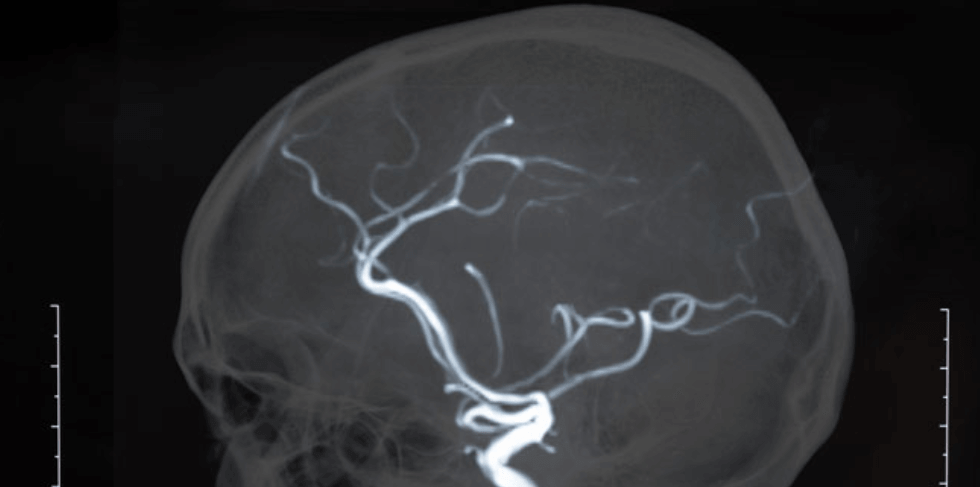This condition occurs when the blood supply to part of the brain is cut off – typically by a blood clot blocking a blood vessel. This prevents the area of brain tissue supplied by that blocked blood vessel from getting the oxygen and nutrients it needs, and the tissue starts to die. The part of the body controlled by that part of the brain will then begin to lose function, causing noticeable symptoms.
It is essential to take quick action and call an ambulance if you suspect someone is having a stroke.
If you have any questions that are NOT a medical emergency, you can ask a Webdoctor GP.
Think FAST with these 4 steps if you suspect a stroke
F
Face: One side of the mouth may be drooping or weak.
A
Arm: Have the person try to lift both of their arms. In the event of a stroke, there may be weakness on one side of the arm (or leg).
S
Speech: Note whether the person’s speech is normal and understandable.
T
Time: Any of the above symptoms are indicators of a stroke, and it is essential to act quickly by calling 112 or 999.
These 6 symptoms may also indicate a stroke
FAST is an easy way to remember major symptoms of stroke, but there can be other symptoms as well. These may include:
- Onset of dizziness, vertigo, or balance disorder
- Mental confusion
- Vomiting
- Blurred vision or loss of vision
- Difficulty swallowing
- Severe headache
Stroke Risk Factors
The following behaviours or medical conditions may increase your risk of having a stroke:
- Smoking
- High blood pressure or hypertension
- Diabetes, especially if not under control
- Obesity
- Sedentary lifestyle
- High cholesterol
- High alcohol consumption
- Atrial fibrillation (an irregular, often rapid heart rate that can cause poor blood flow)
‘Mini Stroke’ or TIA
TIA stands for Transient Ischaemic Attack and is also known as a ‘mini stroke’. This occurs when a blood vessel in the brain is blocked, but it is able to clear on its own. Symptoms are similar to a stroke, and if someone experiences TIA, he or she might also be at high risk of a stroke. Immediate medical assessment is essential.





